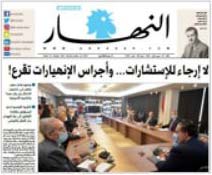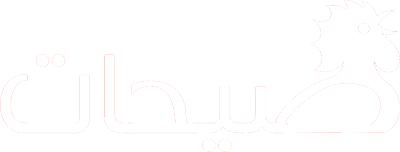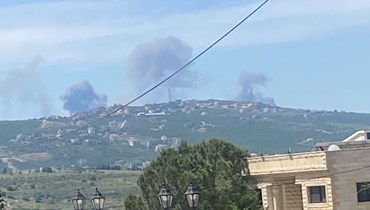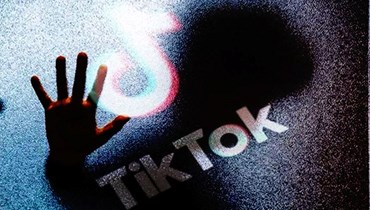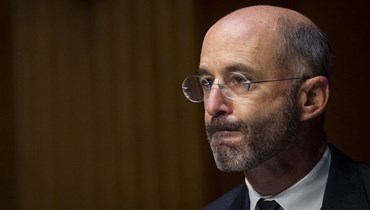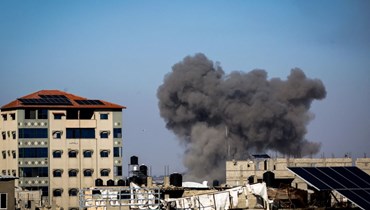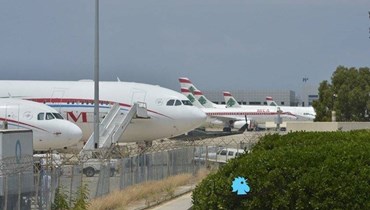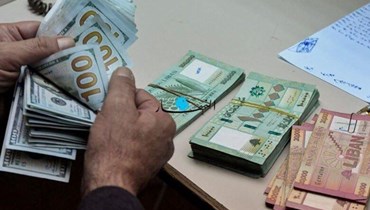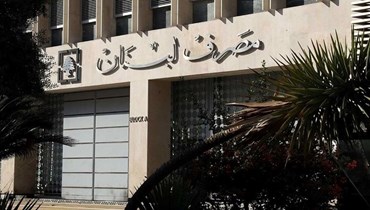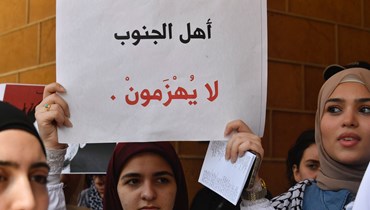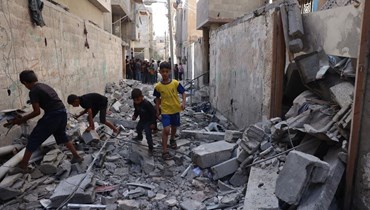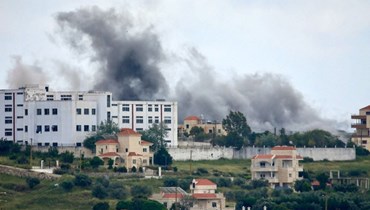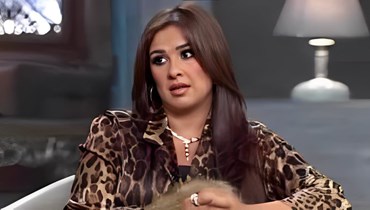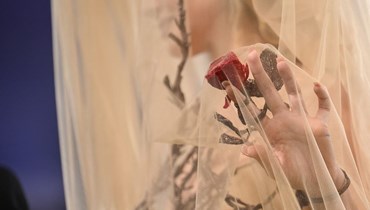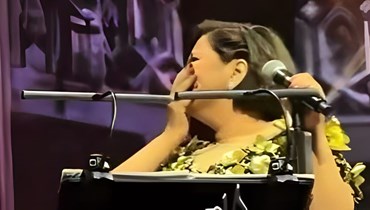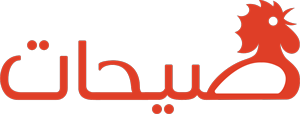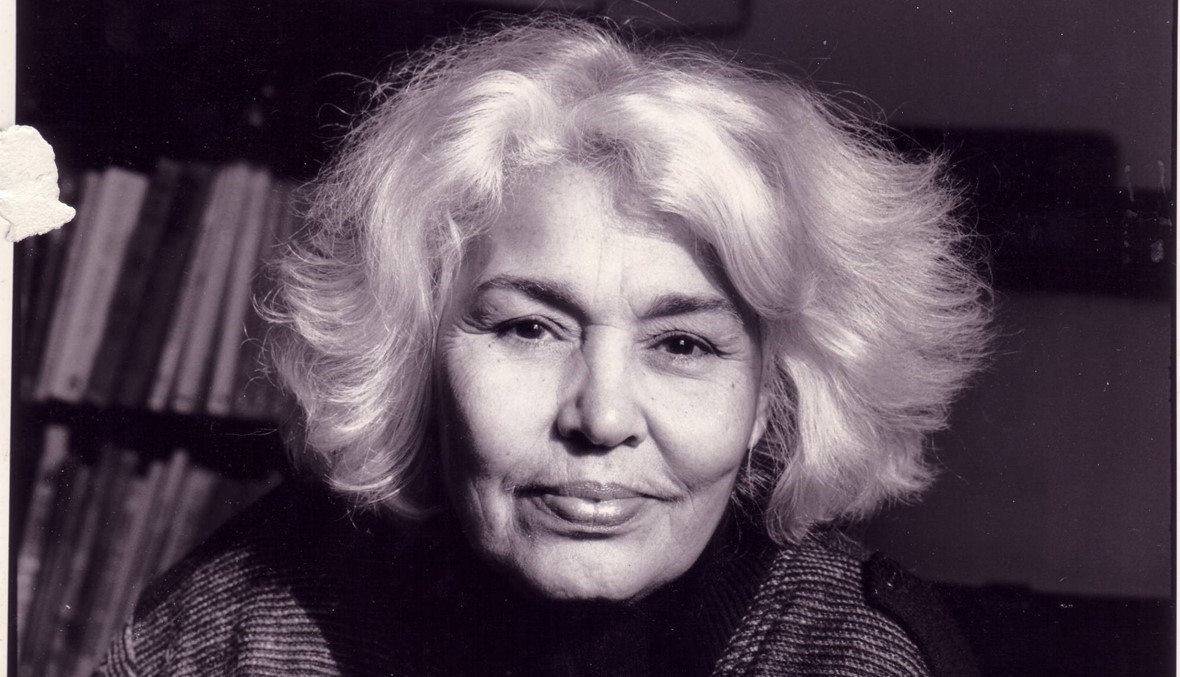The Great Thinkers | Nawal El Saadawi: Unlocking the shackles of Arab women with a pen
Challenging the status quo is a familiar practice for Nawal El Saadawi, who questioned traditions and norms at an early age, and saw the flaws of what was deemed normal by many.
The reasons behind certain prohibited practices remained vague and unexplained until her grandmother’s utterance of “you're not a boy” rang in her ears.
She militantly fought against patriarchal oppression in the Arab world and became an icon that has valiantly transgressed all imposed misfortunes on women, challenging ill ideologies that held women captive throughout Arab history. Her sublimates emanate from personal agonies that resonate with women, especially Arab women.
Born on October 27, 1931, El Saadawi’s early life was built on ambivalences and hypocrisies that the Arab culture is immersed in. Stemming from a traditional yet unusual Egyptian family, she was the second-eldest of nine children.
Her parents passed away when she was in her mid-twenties leaving her with the responsibility of raising and providing for her siblings. Despite the burden of loss, she managed to graduate from the University of Cairo with a degree in psychiatry in 1955.
The nature of her field allowed her to experience the agonizing realms of women patients, as she once said. Women were and, in some cases still are, indoctrinated into living as separate entities under the parasol of physical and psychological abuse, as well as different forms of subduing oppression.
El Saadawi wrote a plethora of books, 20 to be precise, embracing the subject of women as her major concern. Her works have been translated from Arabic to more than 30 languages worldwide rendering her an unprecedented feminist writer in the Arab world.
The rawness woven in her works narrates her personal experiences leading to the addition of a sense of familiarity that resonates with the realities of most Arab women.
In her novel, “The Hidden Face of Eve: Women in the Arab World,” published in 1977, she wrote about the dehumanizing act of genital mutilation that she was subjected to as a 6-year-old child. Despite the fact that her father insisted on educating all his children, he forced his daughters to undergo circumcision to ensure their “purity.”
She thoroughly describes the painful procedure that rendered her a child-bearing vessel and a pleasure granting machine without receiving any pleasure herself. While staring at masculine figures depriving her of her natural right, her eyes shifted to her mother’s perplexing features monitoring her, painting the tragic reality of how women are often prisoners of other imprisoned women.
El Saadawi held prominent positions in the realms of her expertise as a medical doctor and a radical feminist. However, the release of her first book “Women and Sex” in 1972 evoked a grave resentment from authoritative figures, leading to her dismissal from the Ministry of Health.
Similar attacks were made to keep her away from several prominent positions, such as the Chief Editor of a health journal and the Assistant General Secretary in the Medical Association in Egypt. Her writings have always been controversial, for they foreshadow mundane incidents that societies became numbed by and accustomed to.
She once interviewed an inmate hours before she was taken away for execution. That woman was “Firdaus,” the protagonist of “Woman at Point Zero,” published in 2007. El Saadawi portrayed the motives and the agonizing realities that shaped this “criminal,” who received a death sentence for killing a man.
In 1980, El Saadawi was imprisoned under the rule of Anwar El Sadat’s regime for allegedly committing “crimes against the state” and her incarceration lasted until his assassination nine months later. Her experience was the sole material for her novel “Memoirs from the Women’s Prison,” which was published in 1994. She was in a political prison, so she was not allowed access to pen and paper.
During an interview in 2011, she said that one day one of the prison guards told her: “If I find a pen and paper in your cell, it is more dangerous than if I find a gun.” However, El Saadawi made a deal with one of the imprisoned prostitutes neighboring her cell, who offered her extra toilet paper and eyeliner in exchange for bread so that she might resume writing.
“There's no power in the world that can strip my writings from me,” El Saadawi once said.
Two years after her release, she founded AWSA, the Arab Women's Solidarity Association, the first legal, independent feminist association in Egypt. She also became a regular contributor to Al Abram, Egypt’s most popular national paper.
Because of her critical outlook, she was exiled to the U.S. for almost 20 years, but she returned to Egypt to take part in the revolution, which she thought was 70 years late.
She has proposed the creation of a new subset of feminism that's specific to the Middle East. She calls it “radical feminism” and claims that it's a movement that strives to change the whole of the constitution, which sets it apart from the West's socialist feminism or capitalist feminism.
She also prefers to use the Arabic alternative “tahreer el mar’a” ("liberation of women") because she believes that the Arabic expression conveys her message better.
“Danger has been a part of my life ever since I picked up a pen and wrote,” she once said.
Her defiance is rendered a milestone in history. It's one that voiced the muffled voices of oppressed women against a patriarchal system that indoctrinated them into believing that their oppression is the norm.
Some European papers called her “the mother of the Egyptian Revolution,” however, she's the sun that can't be extinguished in the whole Arab feminist revolution.
----


 اشترِك في نشرتنا الإخبارية
اشترِك في نشرتنا الإخبارية


